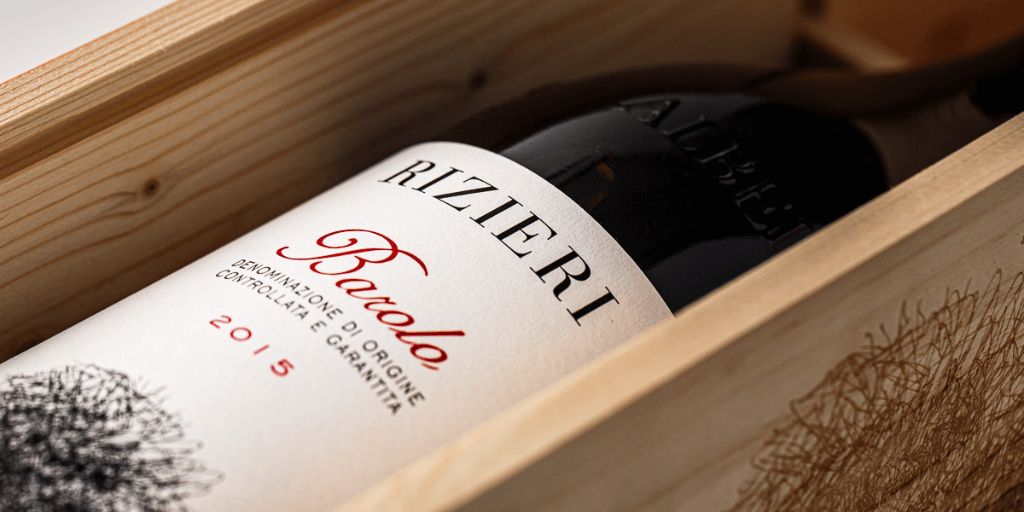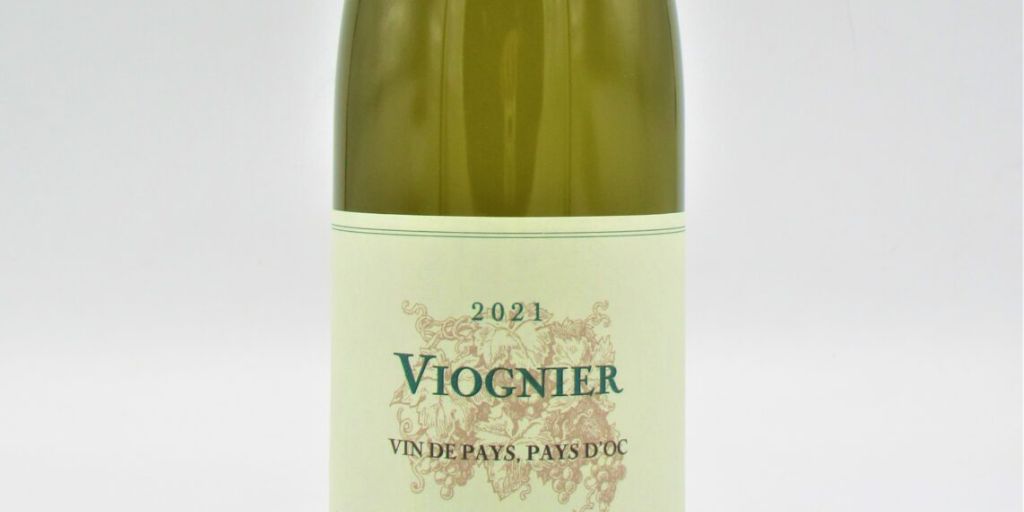With the growing popularity of plant-based diets, wine lovers and vegans alike are exploring how to elevate their meals with thoughtful pairings.
While classic wine pairing principles have long focused on meats, cheeses, and rich sauces, the world of vegan cuisine offers equally complex, exciting, and delicious opportunities for wine to shine. From earthy mushroom dishes to spicy curries and crisp green salads, there’s a perfect wine for nearly every vegan meal.
But before diving into pairings, it’s important to understand what makes a wine vegan—and how texture, acidity, and flavor intensity guide great matches. Let’s explore the best wines for plant-based dishes, broken down by food types and wine styles, so your next vegan meal is both cruelty-free and sommelier-approved.
What Makes a Wine Vegan?
Surprisingly, not all wines are vegan. While wine is made from grapes, the winemaking process often involves fining agents used to clarify the wine. Traditional fining agents can include egg whites, casein (a milk protein), gelatin (from animal collagen), and isinglass (from fish bladders). These substances help remove sediment and improve the wine’s clarity and texture.
However, vegan-friendly winemakers opt for alternatives such as bentonite clay, activated charcoal, or simply avoid fining altogether. More producers today are also labeling their wines as vegan, and online databases like Barnivore can help identify animal-free options.
Once you’ve chosen a vegan-friendly wine, the next step is pairing it with plant-based dishes that complement its profile.
Light and Fresh Dishes: Go Crisp and Aromatic
Fresh salads, crudités, and raw or lightly steamed vegetables shine with white wines that offer high acidity and bright aromatics. These wines refresh the palate and enhance the natural flavors of green produce.
-
Sauvignon Blanc: With its zippy acidity and herbaceous notes, Sauvignon Blanc pairs beautifully with dishes featuring leafy greens, asparagus, and tangy vinaigrettes. It’s especially complementary to dishes with fresh herbs like basil, mint, or parsley.
-
Albariño: This Spanish white wine brings a slight saline edge, citrus zest, and floral aroma, making it ideal for cucumber salads, grilled artichokes, and chilled gazpacho.
-
Grüner Veltliner: A go-to for pairing with difficult vegetables like artichokes and Brussels sprouts, Grüner Veltliner offers white pepper, citrus, and vegetal notes that align naturally with green dishes.
These wines work well for starters or lighter meals like tabbouleh, spring rolls, or avocado toast with herbs and lemon.
Creamy Vegan Dishes: Find Texture Matches
Creamy vegan sauces—whether based on cashews, tahini, coconut milk, or plant-based dairy—demand wines with either a rich texture or high acidity to cut through the creaminess.
-
Chardonnay (unoaked and oaked): Unoaked Chardonnay provides clean, citrusy balance to lighter cream sauces, while oaked Chardonnay adds depth and richness that works with dishes like vegan Alfredo pasta, creamy polenta, or mushroom stroganoff.
-
Viognier: With its full body and stone fruit profile, Viognier pairs well with coconut curries and creamy cauliflower soup. It matches the richness without overpowering delicate spices.
-
White Rhône blends: Wines made from Roussanne, Marsanne, and Grenache Blanc offer a waxy texture and subtle nuttiness that marry well with buttery or nutty vegan fare.
These wines bring elegance and harmony to rich plant-based meals, from cashew cheese lasagna to hearty chowders.
Spicy and Bold Flavors: Choose Off-Dry Aromatics
Spicy foods, especially those from Thai, Indian, or Korean cuisines, challenge many wines. Heat from chili peppers enhances alcohol and bitterness, which can make tannic or overly dry wines taste harsh. The solution? Aromatic whites with a touch of sweetness.
-
Off-Dry Riesling: This classic pairing for spice provides acidity to refresh the palate and residual sugar to temper heat. Try it with vegan green curry, spicy noodle dishes, or Szechuan tofu.
-
Gewürztraminer: Floral and lychee-scented, Gewürztraminer’s semi-sweet profile complements Indian dishes like chana masala or aloo gobi.
-
Chenin Blanc (demi-sec): Particularly from the Loire Valley, Chenin Blanc delivers honeyed apple notes and zesty acidity—excellent with mildly spicy stir-fries or sweet-and-savory teriyaki-glazed tofu.
These wines are best when chilled slightly and served with complex, spicy vegan meals that need a balancing counterpoint.
Earthy, Umami Dishes: Embrace Elegant Reds
Mushrooms, lentils, root vegetables, and fermented flavors provide umami depth that benefits from red wines with earthiness and gentle tannins.
-
Pinot Noir: This light-to-medium-bodied red is ideal for mushroom risotto, lentil loaf, roasted beets, or even vegan pâté. Look for versions from Oregon, Burgundy, or New Zealand for a forest-floor quality that pairs beautifully with earthy fare.
-
Gamay (Beaujolais): Fruity and low in tannins, Gamay complements roasted vegetables, vegan shepherd’s pie, or sautéed wild mushrooms.
-
Barbera: With bright acidity and cherry fruit, Barbera is a smart match for tomato-based vegan pasta, eggplant Parmesan, or Mediterranean veggie bakes.
These reds bring nuance and structure to hearty but meat-free meals.
Grilled, Smoked, or BBQ Dishes: Go Bold
For vegan dishes that use grilling, smoking, or spice-heavy BBQ sauces, wines with bold fruit and spice work best.
-
Zinfandel: Its jammy blackberry notes and peppery finish hold up to smoky jackfruit, BBQ tofu, or seitan ribs.
-
Malbec: A velvety Malbec handles charred portobello mushrooms, smoky tempeh, or chili-seasoned black bean burgers with ease.
-
Syrah/Shiraz: Dark and savory, Syrah is a top choice for dishes with grilled eggplant, roasted cauliflower steaks, or anything with a blackened crust.
These wines provide heft and intensity without requiring animal proteins to match.
Versatile Options: Rosé and Sparkling Wines
For meals with mixed flavors or shared dishes (like vegan tapas or mezze platters), go with versatile wines that can handle variety.
-
Dry Rosé: Crisp and fruity, it works with hummus, falafel, roasted vegetables, and even lightly spiced rice dishes.
-
Sparkling Wine: Whether it’s Champagne, Prosecco, or a dry Cava, bubbles offer palate-cleansing acidity and energy. Perfect with fried vegan foods, creamy dips, or festive spreads.

-
Orange Wine: These skin-contact white wines have the tannin and structure of a red, with the acidity of a white. Great for fermented, pickled, or tangy dishes like kimchi bowls or vegan cheese boards.
Versatile wines are ideal for gatherings, picnics, or adventurous meals with lots of variety.
Conclusion: A World of Possibility
Pairing wine with vegan meals is not only possible—it’s deeply rewarding. The diversity of plant-based ingredients, cooking styles, and international influences opens the door to exciting pairings far beyond the classic meat-and-wine model. Whether you’re eating fresh and raw or rich and roasted, there’s a wine that can enhance your meal and bring it to life.
The secret lies in focusing on flavor, texture, and balance. Crisp whites complement green dishes, aromatic wines soften heat, and elegant reds elevate earthy notes. And always remember to choose vegan-certified wines to keep your meal fully aligned with plant-based values.
Cheers to delicious, compassionate pairings that satisfy your palate and your principles!


